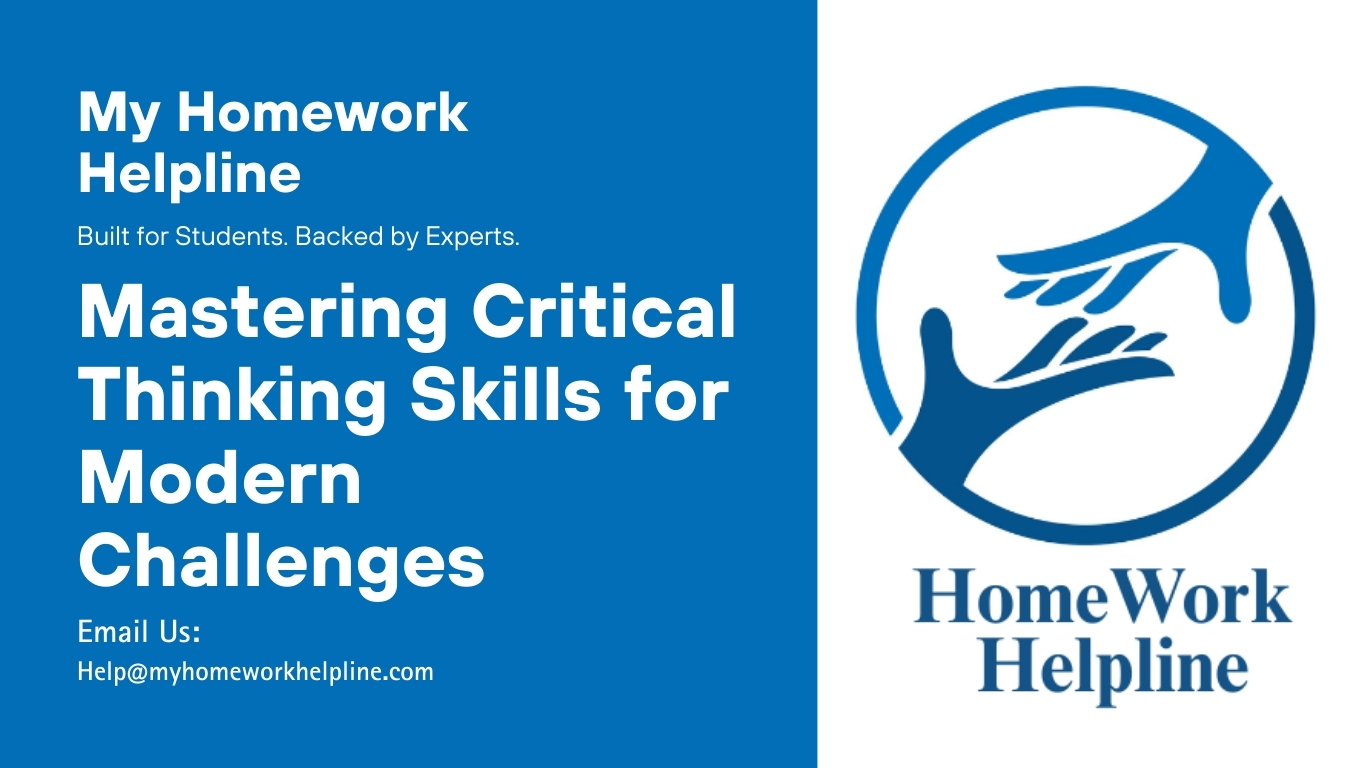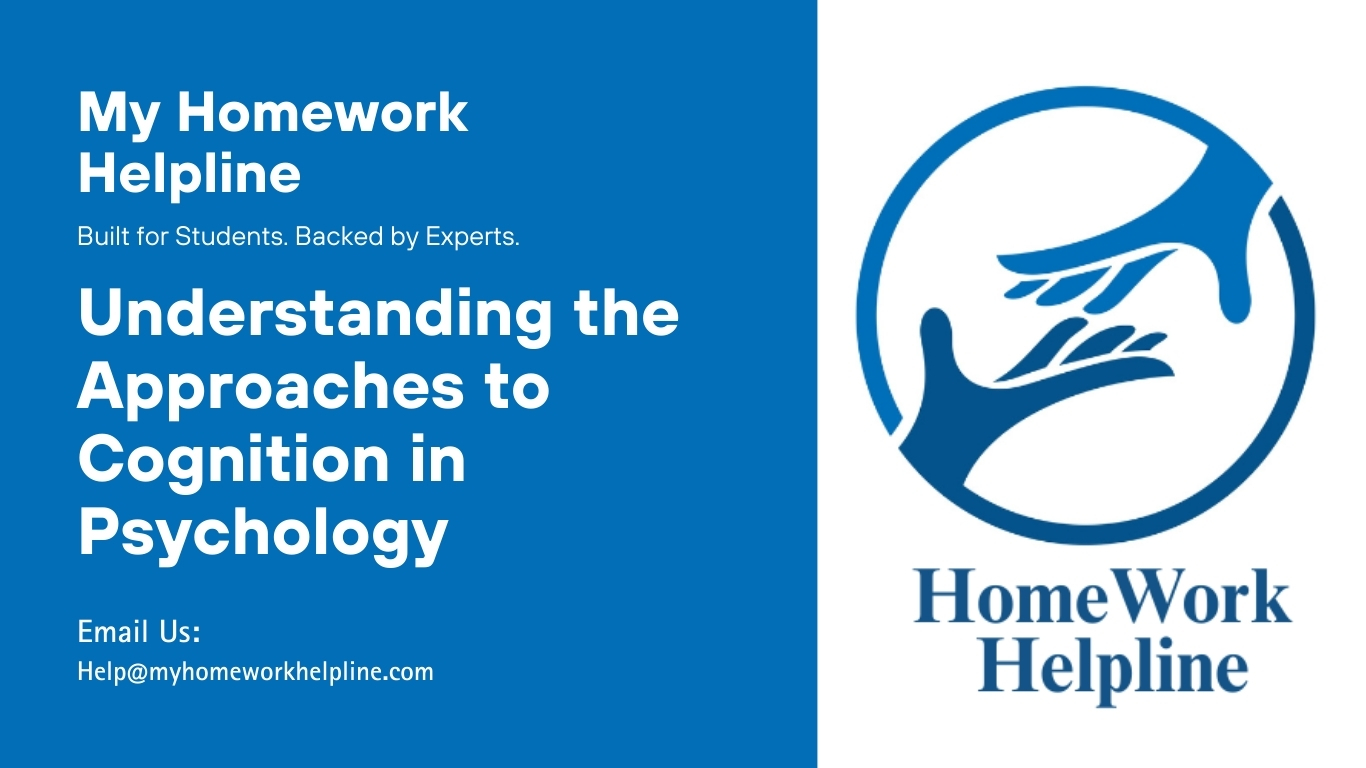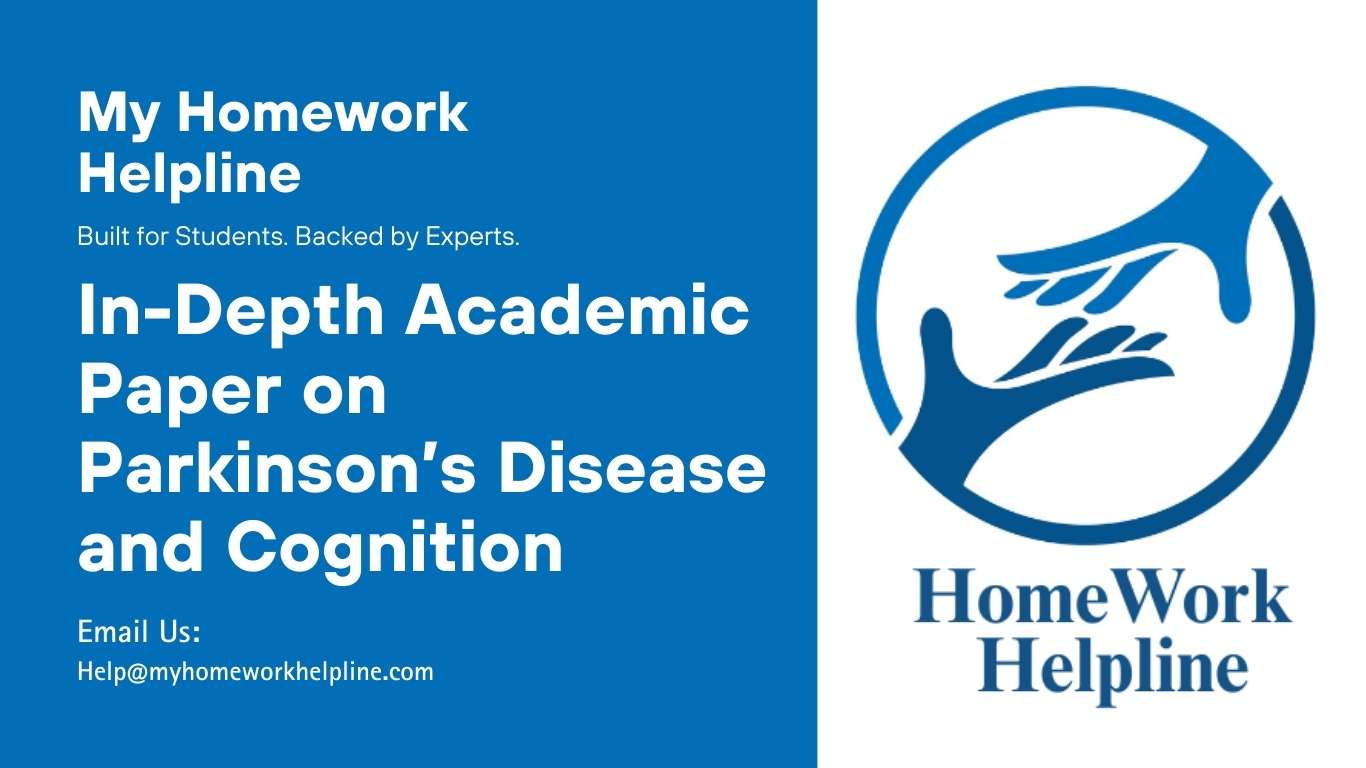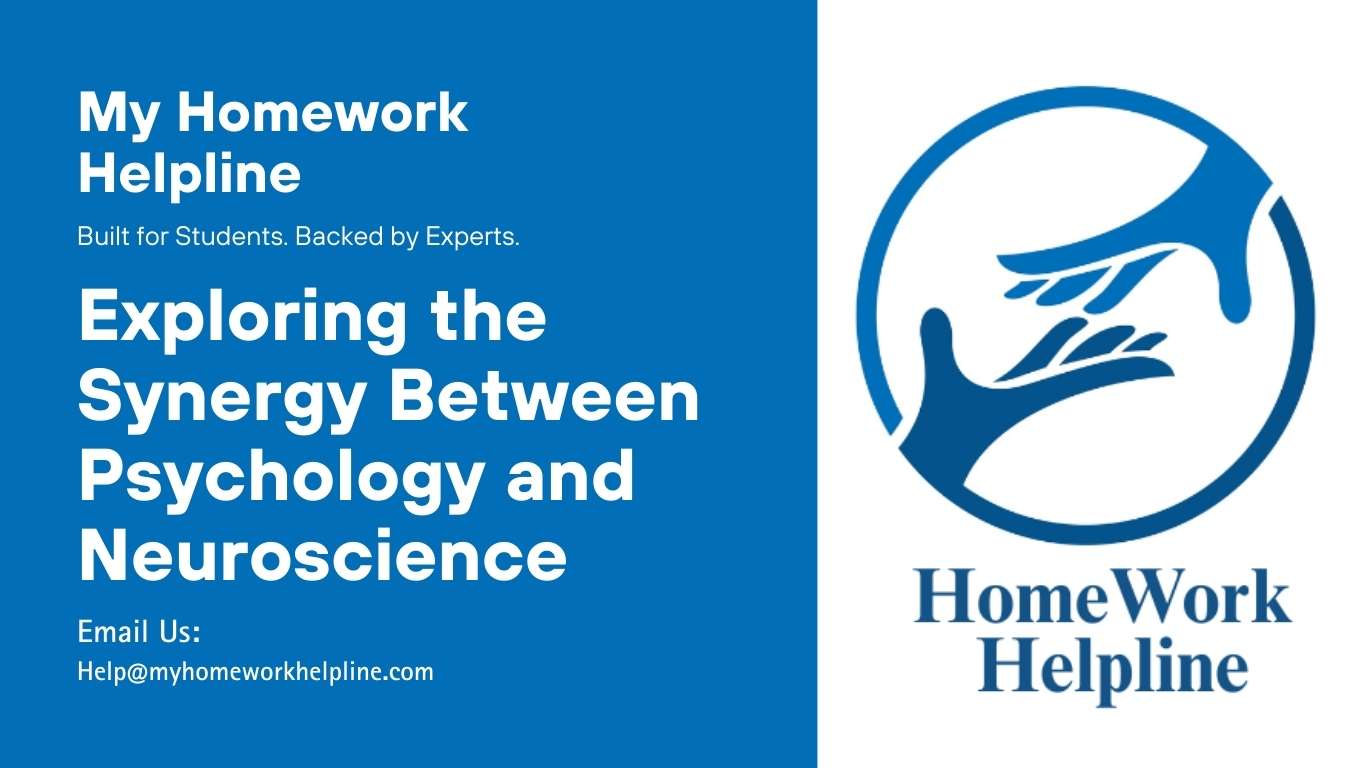Critical Thinking Skills: How to Think, Analyze, and Decide Effectively
Educating students to think critically is a priority in the modern era. Critical thinking is a cognitive process characterized by reflective and analytical thinking aimed at assessing and appraising various forms of communication, information, and arguments. The principles of logic and reason primarily guide the critical thinking process. According to Suciati et al. (2022), critical […]










